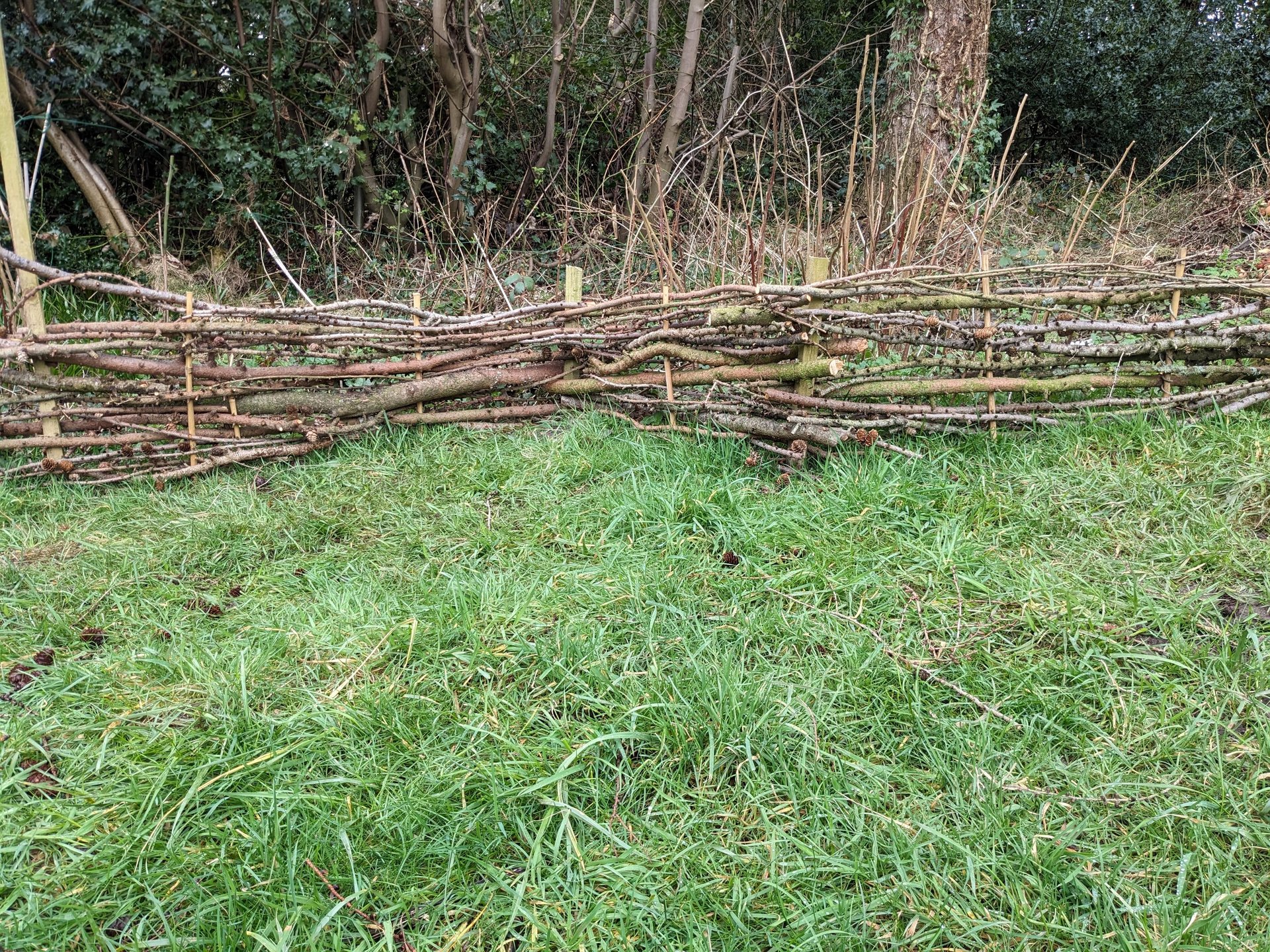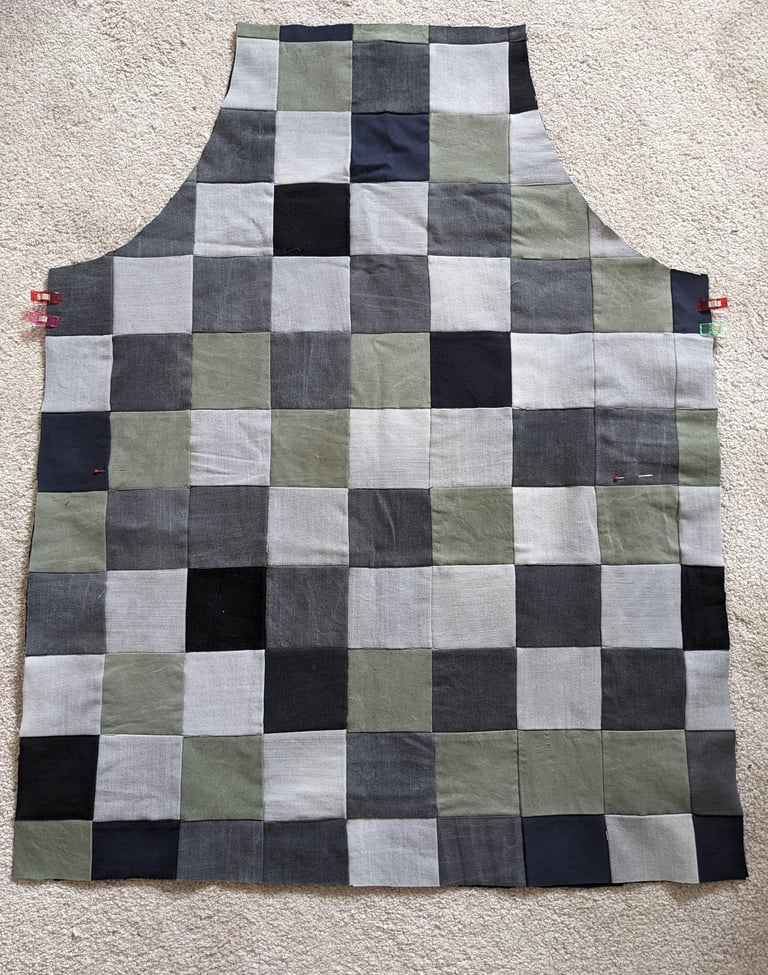Doing things badly
How often do you allow yourself to some thing badly? Try something new? Let go of the perfectionism?
Emma Woods
3/26/20244 min read


I've always been an overthinker. Obsessively planning home renovations and garden designs before planting anything, worried about "getting it wrong", but how often does this stop us from just "doing"?
After moving house last year I wanted to plan out a beautiful garden that combined veg plots, fruit trees and rewilding. I wanted to make sure things were in the right place, I bought the right varieties for the location and conditions; basically I wanted it to be perfect. I researched and bought books but struggled to find time to read them. I struggled to find time to get pen to paper and draw the design.
My ADHD coach asked me what was holding me back? What was I so afraid of?
Getting it wrong.
But why does this matter to me? I think from an early age I've been worried about getting it wrong. As a society we value people that know what they are doing, have confidence and get it "right".
Despite every organisation under the sun claiming to value change and wanting their staff to be resilient to change, I think for many of us change can feel scary. It leads us into the unknown and we might get it wrong. But we regularly mask ours fears because we've been told we need to be brave and strong. My coach has challenged me to sit in my fear; not to shy away, distract myself or remove it. Just sit in the fear.
This is what I think is holding us back from having serious discussions about systems change; we are clinging on to the status quo because we are terrified of the unknown. Admitting fear and sitting with it feels uncomfortable, possibly terrifying; but for me, continuing to live in a society that values profit over people, that encourages a culture of consumption that's trashing the only planet we've got, now that's what really terrifies me.
If I get into online debates about the failures of capitalism, people always retort "but the other options are worse!!". Communism and socialism are written off as failures, but we ignore any of the successes, specifically the Soviet Union;
"no society had ever increased living standards and consumption so rapidly in such a short period of time for all its people. Employment was guaranteed. Free education was available for all, from kindergarten through secondary schools, universities and after-work schools.... Free health care existed for all, with about twice as many doctors per person as in the United States...Rents constituted only 2-3 percent of the family budget; water and utilities only 4-5 percent." Socialism Betrayed Roger Keeran and Thomas Kenny
Whilst we celebrate the successes of capitalism and vigorously ignore the failures;
"Every year we are invited to celebrate the very richest individuals and families in the UK, whilst food bank usage continues to increase, 3.9m children are living in poverty and 6.7 million households struggle to heat their homes. That these are two sides of the same coin is very rarely mentioned." Jo Wittams, co-Executive Director of The Equality Trust
Why can't we have a reasoned debate that critically looks at the successes and the failures of different approaches and then tries to explore new models that combine the best of previous attempts? Or trying to understand whether it was the underlying model that failed or how it was put into practice.
--------------------------------------------------------------------------------------------
This brings me back to doing things badly. Now I'm not advocating for government to wreck society by trying out untested ideas, but let's face it our current economic model is doing quite a good job of that already. What if we were more fearless to throw out radical ideas, test new ways of working and just give things a go?
In my own life I'm leaning into the unknown. The picture above is my attempt at weaving a fence from fallen branches from nearby larch trees. I didn't have a clue what I was doing, but in the process of spending a few hours cutting down branches and weaving them together I learnt new skills. Like what size branches I need. How bendy the wood is. What to use as vertical supports. All of this will be invaluable for the next section of fence and there was beauty, value and joy in experimenting with no pressure. If it was terrible I could start again or just compost it.
Below are a few more examples where I've been experimenting; darning holey jeans, fixing a broken beanbag and making a patchwork apron out of old trousers. None of them are perfect, but all of them contain love, joy and help me to break free of the chains of perfectionism by trying something new and unknown.
I invite you to lean into the unknown, sit in your fears and as a colleague once told me "Just f*cking do it".








